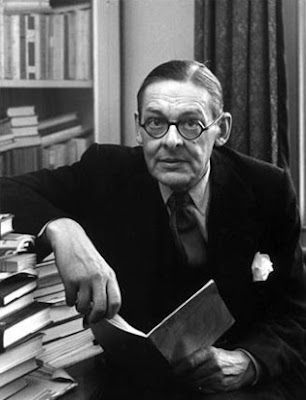Postcolonial studies : film review : Midnight's Children and The Reluctant Fundamentalist
Hello Readers !
Welcome to my blog. Here in this blog you will find film reviews in the lense through Postcolonialism. So this is my academic thinking activity. We had a movie screening in our online classroom. And then sir had assigned a task. The task is to write about these two movies with the perspectives of postcolonial studies. The movies are 1) Midnight's Children and 2) The Reluctant Fundamentalist.
Let's discuss one by one.
🎬 Midnight's Children by Deepa Maheta :-
The movie is based on the novel "Midnight's Children" ( 1981) by Salman Rushdie . This is Interesting novel. This is the well claimed novel, Midnight's Children won both the Booker Prize and the James Tait Black Memorial Prize in 1981. It was awarded the "Booker of Bookers" Prize and the best all-time prize winners in 1993 and 2008 to celebrate the Booker Prize 25th and 40th anniversary. In 2003, the novel was listed on the BBC's The Big Read poll of the UK's "best-loved novels". It was also added to the list of Great Books of the 20th Century, published by Penguin Books
The movie Directed by Deepa Mehta collaborated with Salman Rushdie on a new version of the story, the film Midnight's Children. British-Indian actor Satya Bhabha played the role of Saleem Sinai while other roles were played by Indian actors.
Here we can see that the writer of the novel and the script writer of the movie have different roles. So novelists write a script so that it is not as effective as a novel.
Title of the film :
Title is the signboard of the text. The title is "Midnight's Children". Here the title symbolizes the storyline of the novel as well as the movie. Because the story is about two children who were born at midnight of the 14th August 1947. When the country got freedom so the child was born in 'New India'. Actually that is the birth of India. So the title is an appropriate one.
Saleem Sinai who was the narrator of the story. He said that ' I tumbled forth into the world ' so in this single sentence we find that writing style of Salman Rushdie.
If we look at the perspectives of postcolonial studies, then the study becomes more important. Postcolonial theory has critically contributed to revisiting the representation of the Other, addressing long-standing tropes and stereotypes about cultural difference and racial otherness. This implies new interventions on how visual representations are implicated in the policing of boundaries between East and West, between Europe and the Rest, the self and the other, undoing or rethinking the ways in which the visual field conveys operation of a mastery that needs to be undone and decoded. For example, empire cinema contributed to specific ways of seeing, making films that legitimated the domination of colonies by the colonial powers.
In which we find that the world has existed since 1947. The big story of India told by common and smaller people. What was the situation at that time? And what is the mood of People and political power, etc. The film can be viewed from the point of view of creating and narrating the story of nation in freedom of a fragmented allegory.
Saleem's birth is the symbol of India's new birth. The way Saleem who suffers from various problems the same India also suffers from lots of problems. In movie we find that the character of Ms. Gandhi. The portrayal of ms. Gandhi is kind of a villainous and not an intelligent one, but as a witch of the nation. She decided to kill each and every Midnight's Children, because she doesn't want to give power to anyone.
She had declared emergency without any proper reason. So freedom is there but that is in the hand of political power. So for common people nothing has changed. Here Rushdie makes a satire on Ms. Gandhi.
There is also the Marxist who is Joseph D' Costa.
🎬 The Reluctant Fundamentalist by Mira Nair :-
(Click here to reach my another blog )
References :
Frank, Katherine. “Mr. Rushdie and Mrs. Gandhi.” Biography, vol. 19, no. 3, 1996, pp. 245–258. JSTOR, www.jstor.org/stable/23539764. Accessed 18 Nov. 2020.
"Midnight's Children wins the Best of the Booker". The Man Booker Prizes. Archived from the original on 21 November 2008.
Mullan, John. "Salman Rushdie on the writing of Midnight's Children." Guardian. 26 July 2008.
Thank you....


Comments
Post a Comment